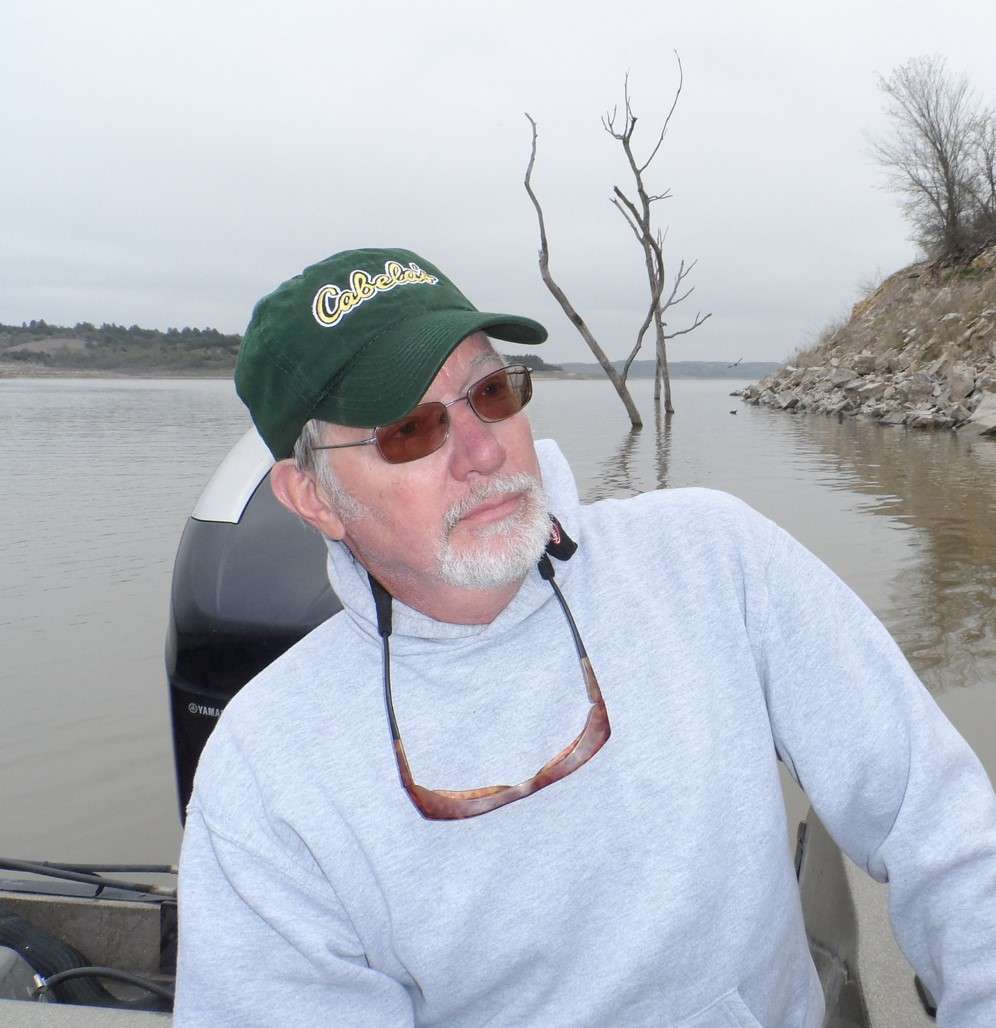I used to have a book that showed numerous ways Native Americans
accomplished tasks like trapping wolves and catching geese that were essential to
their survival. Before the days of steel knives, firearms and grocery stores, they
relied on knives, arrow heads, spear points and tools made from flint to kill and
skin game, and they used handmade fish traps and other means to catch fish.
American Indians were also skilled in knowing which plants were edible and which
held medicinal value, and learned to use America’s wild plant life for medicine
and to supplement their diet.
When Cecil Hamilton was just a boy he was fortunate to spend lots of time with
his grandmother, whom he only ever knew as “Bompy” Sanders. Cecil told me “I
was always fascinated with Indian ways; how they lived with nothing but what
was in their heads and what they could get from the wilderness around them.”
Grandma Bompy was skilled in Indian ways and would take Cecil on overnight and
on weekend campouts, where she passed on to him her knowledge and
understanding of self-sufficient primitive survival. She taught him how to catch
catfish in the rivers using trotlines, how to find and prepare Morel mushrooms,
and how to catch turtles and make turtle soup. Cecil told me a story how he and
Grandma Bompy once caught a snapping turtle so big that as grandma sat on it to
hold it down, it continued to crawl away. After they had killed and cleaned the
turtle, the shell was so big that grandma cleaned it and washed her hair in the
shell in rain water she would collect. Perhaps the most important lessons
Grandma Bompy taught Cecil were about identifying, collecting and preparing
edible plants. He became so knowledgeable about wild edible plants that he later
got involved with survival groups and was able to teach them what he knew.
Over the years, Cecil has been involved with several survival groups and has been
privileged to learn from renowned primitive survival experts and teachers Jim
Riggs and Richard Jameson. About twenty years ago, Cecil began hosting his own
primitive survival camps to pass on to students the skills he has learned. He is able
to show students how to make flint arrow heads, spear points and tools and how
to use them for primitive survival. He even teaches pupils how to fillet fish with
flint. He gives instructions on making fish traps, deadfalls and snares and shows
how to use them to catch fish and wildlife. He teaches how to identify, gather and
prepare edible plants, and he’s very adamant that many wild plants are safe and
beneficial to eat, but unless the person knows for sure the plants identity, it
should be left alone.
This year Cecil’s Primitive Survival Camp will be from June 4 through June 7 near
Augusta, KS, and will feature instruction on making fire by friction, edible plant
gathering and preparation, how to make primitive cordage from strips of rawhide
and making and using throwing sticks. Call Cecil at 620-442-8171 or 620-660-0257
for a brochure and for details, as he says other topics not listed will be covered.
Given the state of our nation and our world today, investing some time to learn
primitive survival skills seems like a good idea, and learning about edible and
medicinal plants can always be beneficial no matter your lifestyle. So whether
you’re a doomsday prepper or just want to learn more about primitive survival,
give Cecil’s camp a try, and find a different and more unique way to Explore
Kansas Outdoors.
Steve can be contacted by email at stevegilliland@idkcom.net.




